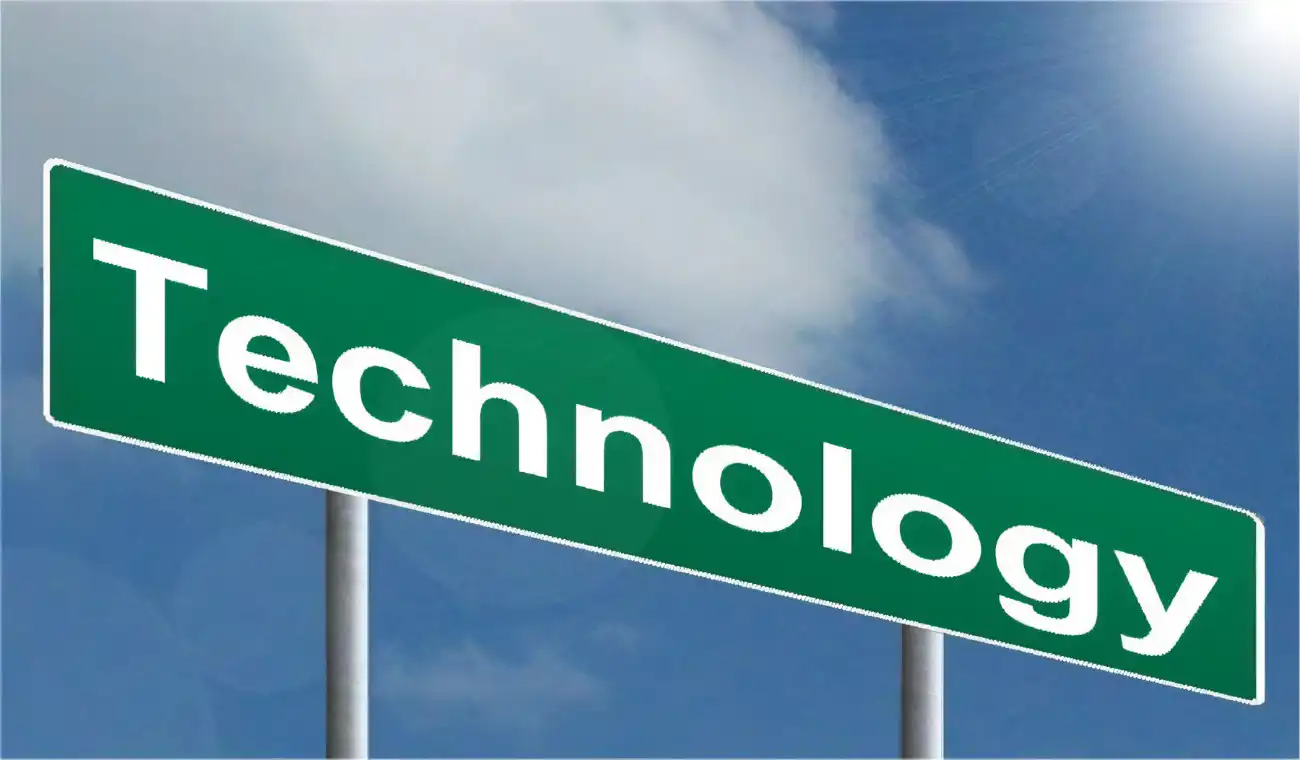The COVID-19 pandemic has been a game-changer in numerous ways, but notably, it has revolutionized the corporate working culture. As safety concerns escalated, work-from-home became the new norm. Now, a paradigm shift in the way businesses operate seems apparent, and traditional office spaces might be losing their relevance.
According to recent studies, most employees appear to favor flexible work arrangements over returning to the office, citing reasons like saving commuting time, better work-life balance and productivity. This trend has led to speculations that the concept of the traditional office could soon be obsolete.
Stanford Economist, Nicholas Bloom, presents a compelling case for why the office culture is likely on its way out. His research revealed a decline in productivity when employees are required to work conventional office hours.

Let's delve into the reasons why 'return to the office' might already be a thing of the past and why the work-from-home culture could easily become a mainstay in the business world.
Working From Home (WFH) and Productivity
For starters, Bloom's research suggested an increase in productivity with work-from-home arrangements. Freedom from the frequent disruptions encountered in an office environment enabled employees to concentrate better on their work.
Moreover, employees saved a substantial amount of time by skipping daily commutes and had more flexibility in juggling their professional and personal commitments. The combination of these factors resulted in higher productivity levels among the workforce.
The Hybrid Work Model
Rather than completely excluding office work, the hybrid work model seems to be taking precedence. This innovative model combines the traditional office-based work with remote operations, offering the best of both worlds. Employees can choose to work from home some days and report to a physical office for the rest of the week.
With such an approach, companies can uphold the traditional office culture while still catering to the growing demand for flexible work arrangements. However, this system will require innovative management and coordination strategies to be effective.
Long-Term Implications of WFH
As work from home continues to thrive, it might lead to profound and lasting changes in corporate culture. Geographic limitations are no longer an obstacle for recruitment, enabling firms to enlist talents from across the globe.
This development is likely to result in diverse workplaces and revolutionized team structures. However, it may also necessitate the need for more structured rules and regulations to safeguard workers' rights.
Dealing with the Challenges of WFH
While the work-from-home model offers numerous benefits, it's important to acknowledge the challenges it poses. Some employees might struggle with isolation or find it difficult to separate work life from personal life. Thus, enhancing digital connectivity, fostering virtual team dynamics and incorporating wellness strategies are vital measures for businesses adopting the WFH model.
Bloom suggests that organizations will have to restructure their operations to meet these demands. This might involve redefining work schedules and using innovative techniques to maintain employee engagement and well-being.
The Future of Commercial Real Estate
The rising popularity of WFH could significantly impact the commercial real estate market. With fewer organizations opting for large office spaces, the demand could decline, affecting the overall market dynamics.
However, the requirement for coworking spaces might rise, leading to a possible transformation in the commercial real estate landscape. This shift could redefine the way offices are designed and utilized.
Conclusion
On the whole, the traditional office work model seems to be undergoing significant changes. The benefits of remote work during the pandemic have undoubtedly expedited this shift.
While the work-from-home model isn't devoid of challenges, with innovative solutions and adaptive strategies, firms can create a constructive and efficient remote working environment. As such, the argument that the 'return to office' concept is dead holds a compelling stance as we face the future of work.